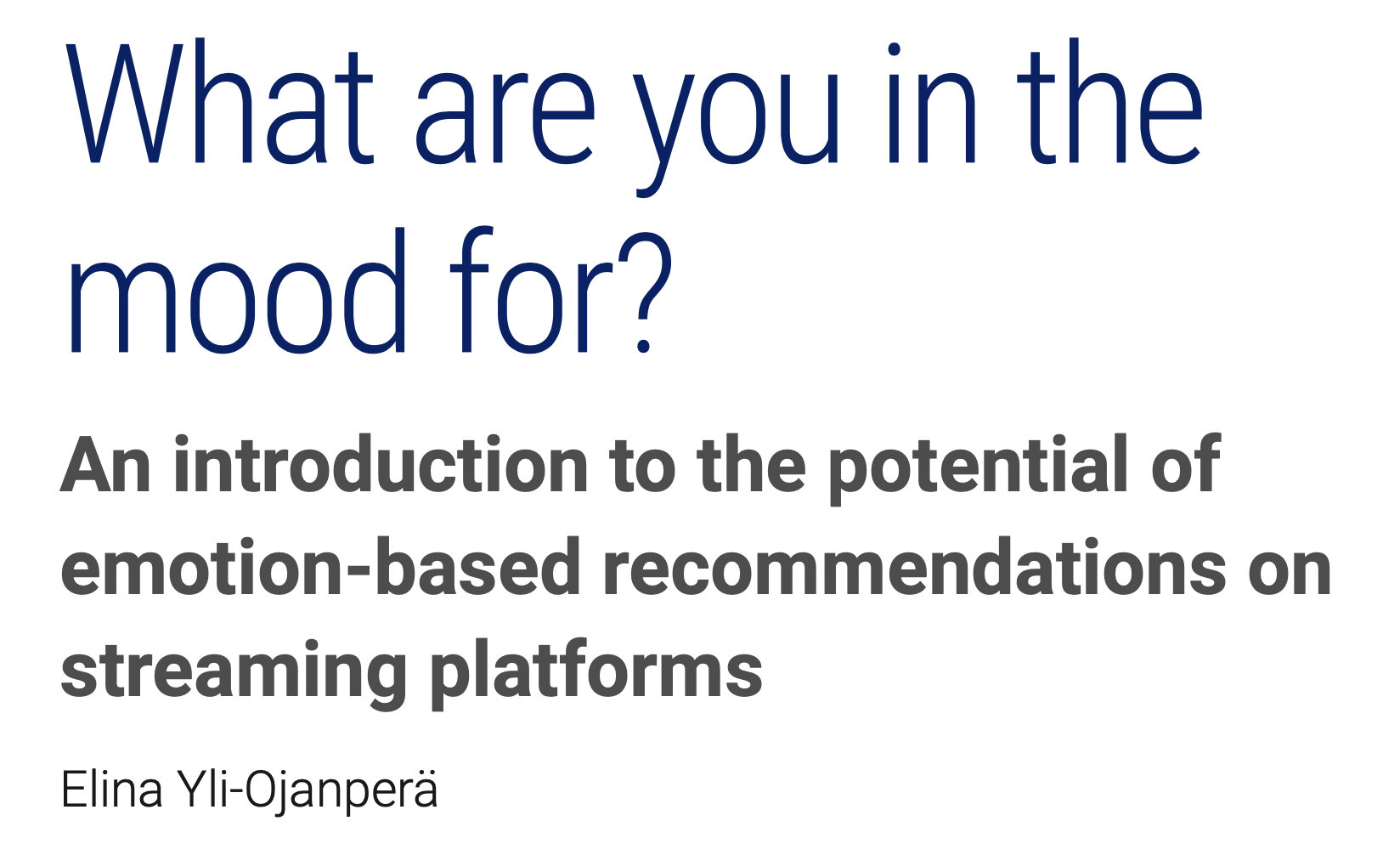Post by William Stolerman
Imagine you’re launching a news platform. Imagine you’ve got the chance to design the platform from scratch. Imagine print had never existed. Imagine the digital age was the only one you’d ever known. Would you charge users for access? The answer should be ‘no’.The problem, as shown by Matter, a long-form journalism platform that raised nearly three times its funding goal on Kickstarter and had to drop its paywall last year, is that even if you’ve got plenty of vocal supporters for your theoretical paywall, turning that support into hard cash is extremely challenging. In fact, it’s nigh on impossible for a mainstream news platform to enter the market and charge for access, which means any new blood will (and should) be free. The next big thing in news isn’t going to be hiding behind a paywall.
It’s a problem of inheritance. In the print era, newspapers could charge for their content because it was considered worth paying for, but even more importantly, you couldn’t get news for free. The news market was shattered by the birth of the internet and poor decision-making by newspapers themselves which scuppered their own businesses by offering their online content for free. The perceived value of news quickly evaporated.
According to the Digital News Report 2013 by the Reuters Institute for the Study of Journalism, only 15% of people surveyed could ever see themselves paying for news. The commercial upside of launching a platform with a paywall is limited by the widespread reluctance to pay for news, while paywalls don’t make much sense from a journalistic perspective either because they limit your reach as a media organisation, yet more established titles are leaning towards paywalls. It is a sign of the lowly expectations of the news industry that the paywall launched by The Sun in 2013, for instance, instantly knocked 60% off its readership and was still described as a success.
Newspapers persist with paywalls for one reason – the idea that there isn’t a better alternative. Display advertising, once hoped to be the business model of choice for online news, only works for a handful of titles, but just because display advertising doesn’t work, doesn’t mean there aren’t any other solutions. Exciting, free journalism models are starting to emerge such as Contributoria, which is free to access but community-funded, Newsmodo, a site where freelancers get commissioned by publishers and Vourno, a crowd-funding platform for video journalism.
News should be free – and not just from a commercial or media perspective. News should be free from an ethical standpoint. Although journalists should own the content they produce and should get paid for their work, society benefits as a whole when news content is accessible for free. It is a matter of public interest. It allows people to discover content they otherwise wouldn’t. It allows people to discover opinions they otherwise wouldn’t. It allows for a more open discussion about the biggest issues of the day. The more accessible news content is, the greater its reach, the greater its impact, the greater its benefit to society – but quality content can’t be produced unless journalists get paid for their work. News should be free. The question is how do you pay for it, and that’s a question we’re hoping to solve at The News Hub, a platform launching in July which will be free to access but pay contributors for good work.
William Stolerman is a journalist and the Founder of The News Hub, a crowd-sourced news platform where anyone can publish content and anyone can earn money for their content. The News Hub will be launching in July 2014.
William Stolerman presented The News Hub at the 2014 Polis Annual Journalism Conference.







“News should be free from an ethical standpoint.” Completely agree.
Good luck withThe News Hub – look forward to seeing your progress.